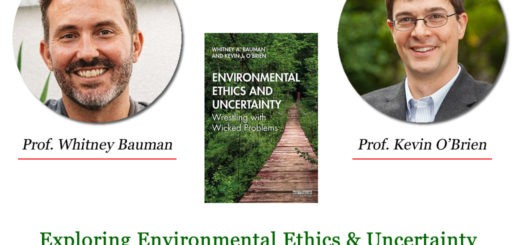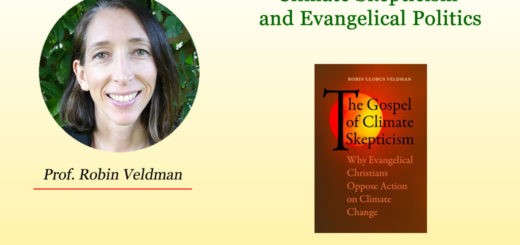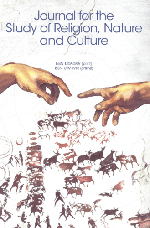Storying Climes of the Himalaya, Andes, and Arctic – CFP
The following CFP related to climate change and culture in the Himalayas, Andes, and Arctic may be of interest to our members. Please note the CFP deadline is June 25, 2021.
CALL FOR PAPERS
Storying climes of the Himalaya, Andes, and Arctic:
Anthropogenic water bodies, multispecies vulnerability, and sustainable living
A publishing workshop
9 – 15 October 2021 | Online
Deadline for submission of abstracts: June 25, 2021
The Himalaya, the Andes, and the Arctic/tundra play a critical role in the hydrological cycle of the Earth with their waters (in both solid and liquid forms), and in shaping multispecies habitats and cultural heritages within the biospheres fed by their waters. At the same time, they are experiencing new risks and degradation due to global climate change, such as melting ice, species extinction, and radical transformations of ecosystems and livelihoods.
The conceptual arc of this workshop is “clime” – place-specific manifestation of climate patterns and changes, which implies the mutual embodiment of climate and place. It is intended to minimize the unnecessary separation of the abstractly constructed climate system from the lived Earth as a multispecies planet and to emphasize diverse sensory experiences of climate dynamics and changes over time, contextualized in specific life communities, as weather, seasons, shifting snowlines and glacier sizes, the changing courses of rivers, earthquakes, floods, droughts, and the migrations of humans and nonhumans. The idea of clime resonates with many existing place-based conceptual perspectives on the water-climate nexus emerging from the Himalayan, Andean, and Arctic contexts.
As a global outreach effort of the Himalayan University Consortium (HUC) for comparative studies of climate change in the Earth’s altitudinal and latitudinal highlands, this workshop invites social and natural scientists, humanities scholars, graduate students, and development specialists to share their interdisciplinary-intended documentations and discussions of historical and contemporary narratives of climate knowledge in habitat-specific life communities in these three world regions.












